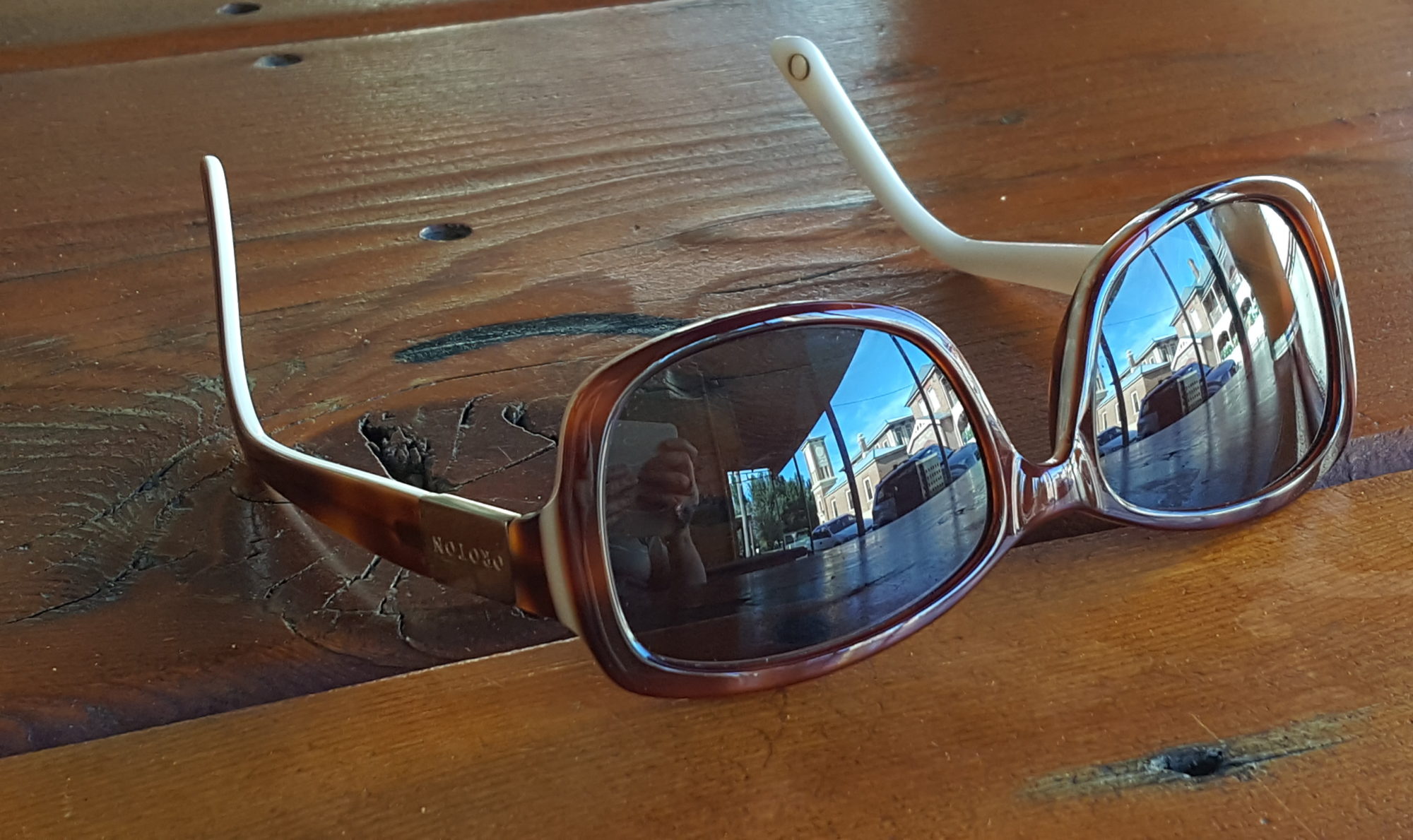Thank you for visiting my website. In the words of Mick Jagger, please allow me to introduce myself …
I’m Jenny Mosher, an Aussie proofreader, self-publishing assistant and dead rel hunter (i.e. family history researcher).
In my spare time I enjoy making art, spending time with family and friends, and walking in nature – but I’m past the days of strenous hikes! A nice footpath among the trees does me nicely these days. 😉
Check out my About me page to find out a little about my past and my Services page to find out how I might be of assistance to you.
Thanks for visiting, and I hope you enjoy what you see or read here!
Jenny
~~~
Latest blog posts
- DNA – what it is and why we need it for family history research
- Why AI should never replace the human eye
- History by place – Warragamba Dam 1965
- Australia Day – an alternative to simply changing the date
- Guitars, ways and means
~~~
